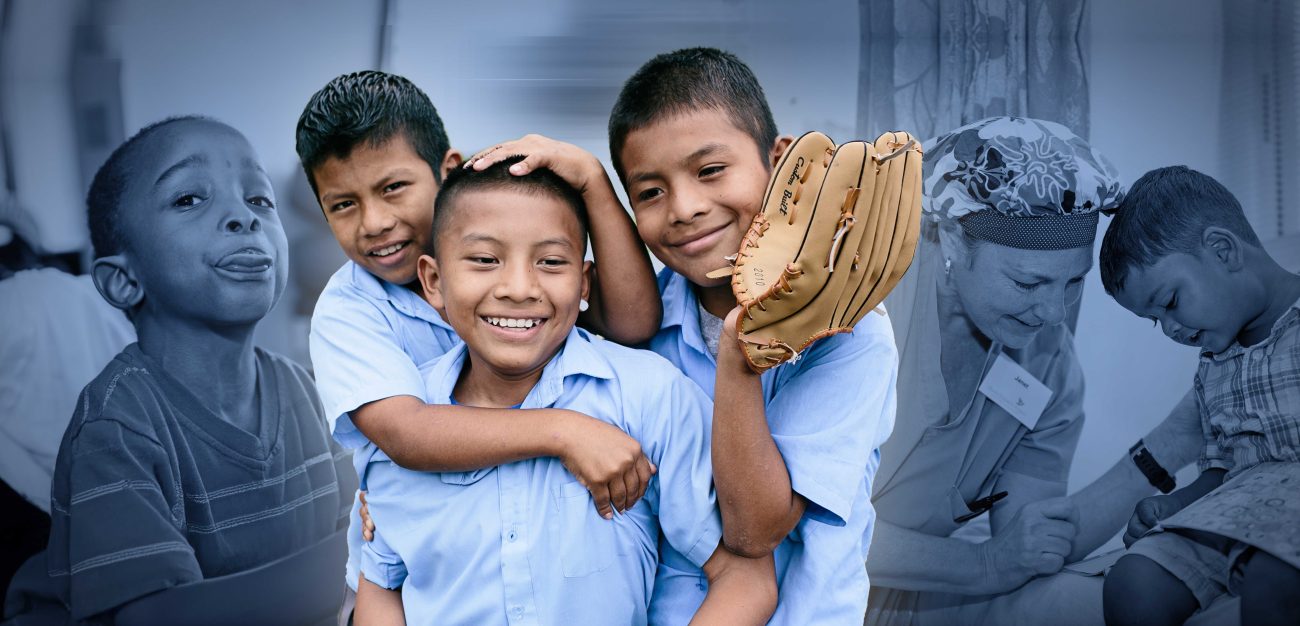
Mental health support is vital for children facing illness
Diyes International – When a child is diagnosed with a serious medical condition, the challenges extend far beyond the physical. Illness can affect every part of a child’s life their emotions, sense of identity, and ability to connect with others. But behind every young patient, there are caregivers parents, siblings, and family members who also carry the emotional weight of worry, fear, and exhaustion. This is why mental health support plays a crucial role in the healing journey. Caring for both the child and the caregivers’ emotional well-being is not a luxury it is an essential part of holistic health care.
Serious illnesses such as cancer, congenital heart disease, or chronic autoimmune disorders can disrupt a child’s sense of safety and normalcy. Hospital stays, invasive treatments, and physical limitations can lead to anxiety, depression, or behavioral changes. Many children struggle with questions like, “Why me?” or “Will I ever get better?” Younger patients may not even have the language to express their fears, leading to frustration or withdrawal. According to pediatric psychologists, mental health support helps children process these emotions, build resilience, and maintain hope factors that are proven to influence physical recovery as well. Dr. Emily Rhodes, a pediatric psychologist at Boston Children’s Hospital, explains, “When children feel emotionally supported, they are more cooperative with treatment, experience less distress, and show better long-term outcomes.”
While attention often focuses on the patient, caregivers experience their own emotional battle. Parents of sick children often face chronic stress, guilt, and burnout. They may feel torn between caring for their child, managing work, and maintaining a sense of stability at home. Research shows that up to 60% of parents of children with chronic illness experience symptoms of anxiety or depression. Many neglect their own health while prioritizing the needs of their child a pattern that can eventually affect their ability to provide care.
“It’s hard to breathe when your world revolves around hospital visits and medical bills,” says one mother caring for her child with leukemia. “You forget that you’re human, too.” For caregivers, mental health care is not selfish it’s survival. Counseling, peer support groups, and self-care routines can help them manage emotional exhaustion and find strength in community.
Modern medicine increasingly recognizes the importance of addressing both physical and psychological health. Many hospitals now integrate mental health professionals psychologists, social workers, and counselors — into pediatric care teams.
These specialists work with families to:
Help children understand and cope with their illness
Support parents in managing stress and communication
Address school reintegration after long hospital stays
Guide families through grief, fear, and uncertainty
Child life specialists also play a vital role by using play therapy, art, and storytelling to help children express emotions they cannot verbalize. These tools turn hospitals into safer, more compassionate environments for young patients.
The earlier mental health support is introduced, the greater the long-term benefit. Early intervention can prevent chronic anxiety or post-traumatic stress after treatment. It also teaches families emotional coping skills that remain valuable throughout life. For children, therapy helps them regain a sense of control something illness often takes away. For caregivers, it restores perspective and balance. When both parties receive emotional support, the entire family unit grows stronger. As pediatric social worker Karen Delgado notes, “You can’t heal a child in isolation. You heal the whole family.”
Creating a supportive environment for children facing illness requires cooperation from everyone medical staff, schools, and communities.
Hospitals should continue expanding psychological services alongside physical treatment.
Schools must offer flexibility and emotional support when children return after long absences.
Communities and non-profit organizations can provide funding, counseling, and outreach programs to ease financial and emotional burdens.
Families also benefit from peer networks, where parents and children connect with others going through similar experiences. Shared stories create empathy, reduce isolation, and remind families that they are not alone in their struggle.
Healing is not just a medical process it’s an emotional journey. Compassion, understanding, and consistent emotional support can be as powerful as any medication. Every word of encouragement, every moment of presence, and every act of kindness helps children and their caregivers navigate the uncertainty of illness. Mental health care, therefore, should not be seen as an “add-on” to treatment but as a vital pillar of healing — one that supports the heart and mind as the body recovers.
When a child is ill, an entire family suffers but it can also heal together. Addressing the mental health needs of both patients and caregivers leads to stronger emotional resilience, better treatment outcomes, and renewed hope. To truly care for children facing illness, society must recognize that healing the body alone is not enough. We must nurture their minds, uplift their spirits, and stand beside their caregivers — because health is not only measured in medical charts but in the courage to keep going, together.